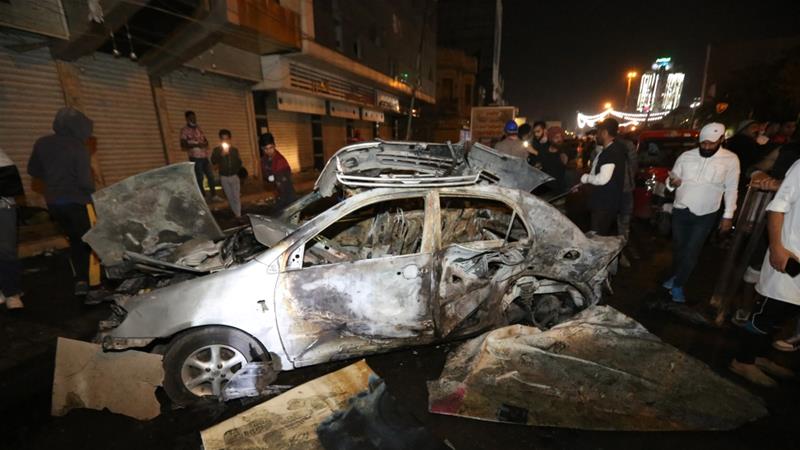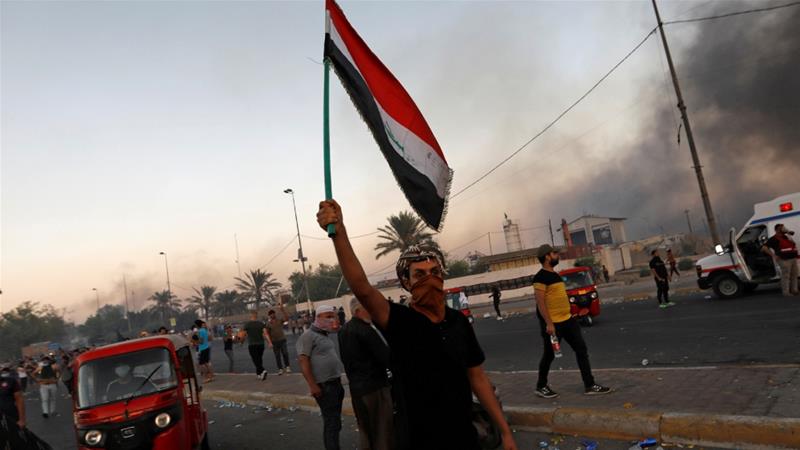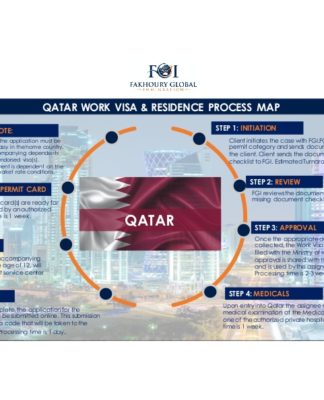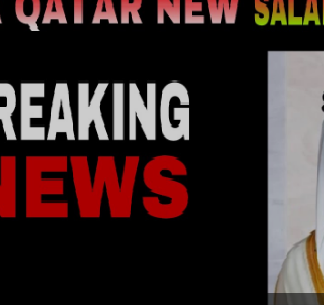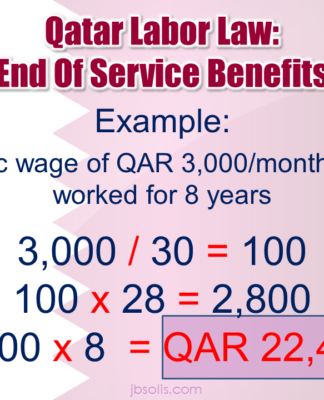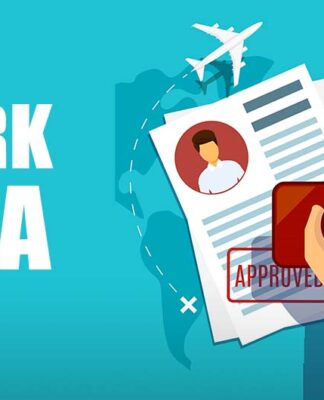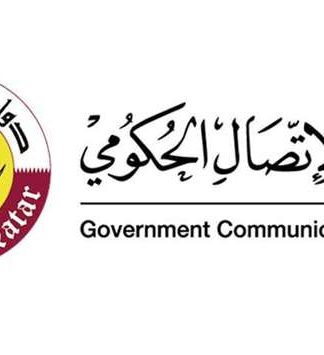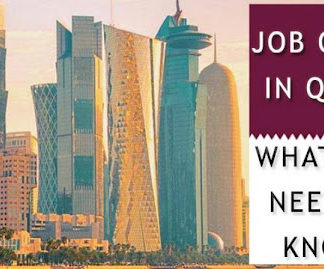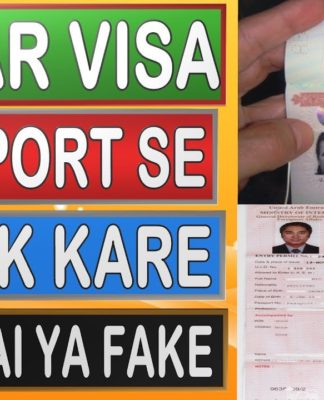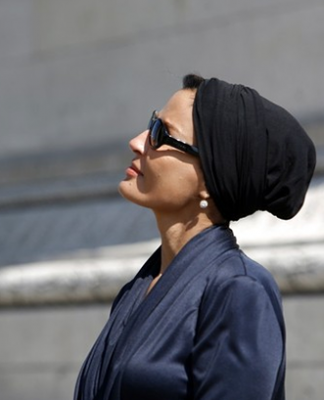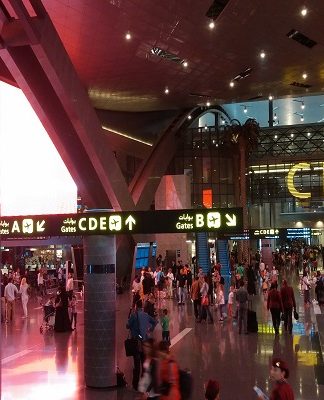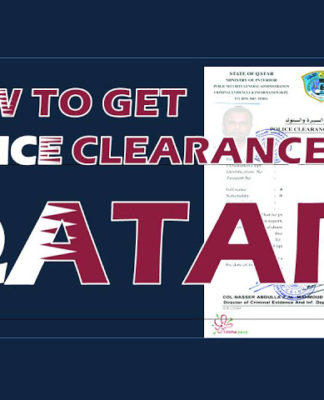At least 330 people have been killed since the start of mass unrest in Baghdad and southern Iraq in early October.
At least six people were killed and 15 wounded in the Iraqi capital, Baghdad, in three separate explosions on Tuesday.
Iraqi security and medical sources said three people were killed and five wounded in the city’s northern Shaab district when a motorcycle exploded.
A second motorcycle exploded in the southwestern Bayaa district, killing two and wounding six.
And an improvised explosive device went off in the eastern Baladiyat district, killing one person and wounding four.
Thousands of Iraqis have been protesting since early October, demanding an overthrow of the political class seen as sectarian, corrupt and serving the foreign powers.
Meanwhile, in Iraq’s mainly Shia south, protesters continued to block the main roads and bridges in Basra and Nasiriya towns, a day after six protesters were killed and scores of others wounded following violent clashes with the security forces.
At least 330 people have been killed since the start of the mass unrest in Baghdad and southern Iraq in early October – the largest demonstrations since the fall of Saddam Hussein in 2003.
Violence continues
Al Jazeera’s Simona Foltyn, reporting from Baghdad, said since Islamic State of Iraq and the Levant (ISIL or ISIS) was defeated in the country, bombings in the capital have become much rarer.
“What is especially unusual is to see three blasts go off at the same time in different areas. What is behind these explosions tonight is so far unknown,” she said.
Earlier on Tuesday, Iraqi officials said two anti-government demonstrators were killed by security forces and 21 others wounded amid ongoing clashes with security forces in Baghdad.
One of those killed was struck by a rubber-coated bullet fired by security forces on Rasheed Street near the strategic Ahrar Bridge.
Protesters, most of them balaclava-clad Iraqi youth, carried the dead demonstrator, his face covered in blood, away from the scene of the fighting to a tuk-tuk – a three-wheeled motorcycle transport – for medical help.
Security forces have used live ammunition, tear gas and rubber-coated rounds to repel protesters from scaling barricades.
In the oil-rich southern provinces of Nassiriya and Basra, protesters burned tyres and blocked roads. Similar tactics were also employed by protesters in Babylon, and the holy areas of Karbala and Najaf.
The leaderless uprising seeks to dismantle the country’s post-2003 political system. Iraq’s protests stand in stark contrast to similar anti-government protests gripping Lebanon, where security forces have taken pains to protect anti-government protesters.
SOURCE: aljazeera.com














